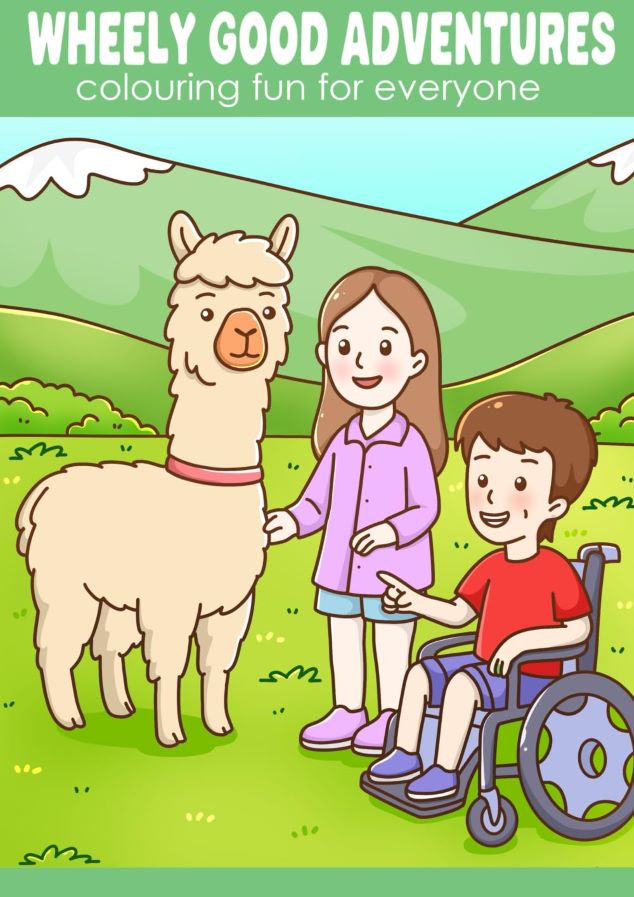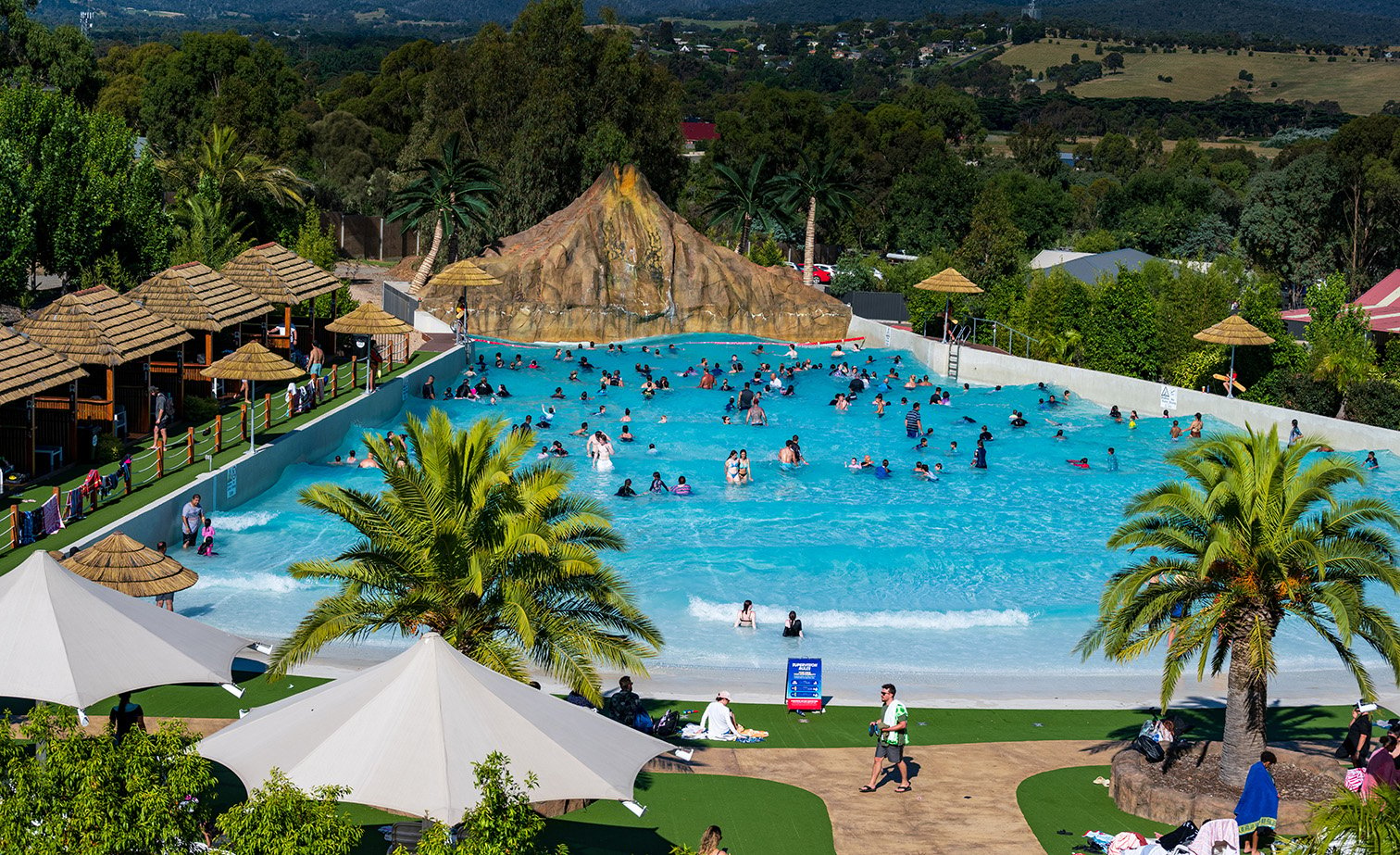Like many other people living with cerebral palsy, CPSN member Jerusha Mather has a speech disorder. A speech disorder is a condition in which a person has problems creating or forming the speech sounds needed to communicate with others.
Over the years, Jerusha has created numerous strategies for communicating with the outside world. She takes breaks while she speaks, rephrases words when necessary, and spends a lot of time practising and preparing her words.
"Sometimes I take my phone with me, so if somebody is having trouble with understanding me, I type what I want to say on my phone. When I was growing up, I was very shy, but I slowly came out of my shell and embraced my communication skills as an adult," Jerusha explains.
Adaptive Communication Techniques
She also applies similar communication techniques to her studies. Sometimes if she is delivering a speech about science or medicine at university, she will use the 'text-to-word' app to translate for her.
The 26-year-old PhD student is hesitant to use artificial devices to make her voice heard, as she prefers to create meaningful connections through real conversation. Jerusha does point out however, that it would be nice if a more human voice could be made available on artificial speech devices.
Changing Perceptions
Jerusha believes that it's important that society makes it easier for people with speech disorders to communicate. Speech barriers are considered an impairment, but looking at it as purely as an impairment fosters negative attitudes and assumptions about the person it affects. Jerusha has had first-hand experience with this issue.
"Some people think I have an intellectual disability and that I can't think the same way they do," she adds. "I tell them I have CP and explain that my speech is a little bit different to theirs, then they kind of understand."
It's disheartening but not surprising that Jerusha must deal with questions about her intellect. However, the situation raises broader questions about social attitudes around disability.
Instead of referring to speech differences as a disorder, what if we viewed them in a similar light as a foreign accent? Then there might be a greater willingness to understand the other person and incorporate them into our world. It is possible that if we perceived individuals with speech disorders in a less clinical light, and more as part of a social tapestry, there would be a richer opportunity for inclusion.
Improving Communication
Jerusha believes there are many of ways people can improve on how they approach people with speech disorders.
"If you don't understand what the person is saying, just ask them to repeat it," she says. "Sometimes I've had incidents where people have pretended to understand what I'm saying - but completely misunderstood what I was saying". Jerusha says that it can be both challenging and frustrating.
She explains that it is important to give the individual enough time to speak, to wait for them to communicate what they are trying to say, and take time to really understand the meaning of what they're trying to say.
Jerusha is hopeful about the world changing and being more willing to embrace people with disabilities. Sharing stories is another crucial step in allowing people of different abilities to connect with those around them.
Here are some strategies you can use when communicating with someone who has a speech disorder:
- Use your regular voice; do NOT shout or slow down your speech.
- Give the person time to respond, do not speak for them.
- Do NOT pretend to understand. Ask the person to repeat or rephrase.
- Repeat what you heard to make sure that you understood correctly.
- Ask close ended questions at times to make it easier for them to answer.
- Let the other person use appropriate body language where appropriate (head nods, blinking).
This was written by Natalie Corrigan. Natalie is CPSN's Membership and Communications Officer and has lived experience with cerebral palsy. Natalie also hosts CP Diaries - a video series exploring the lives and personal stories of people living with cerebral palsy.
Here is the latest episode of CP Diaries - Nat is interviewing Andrew on the topic of making connections in the disability community.
Would you like to share your story? Get in touch with Natalie on (03) 9478 1001 or via email: cpsn@cpsn.org.au
CPSN


%20(4).avif)

